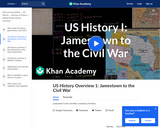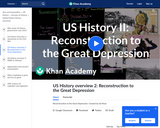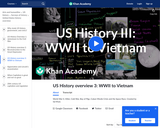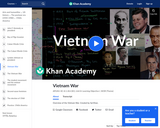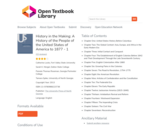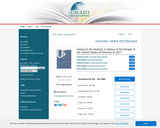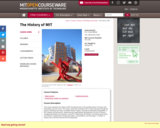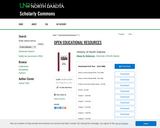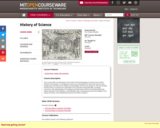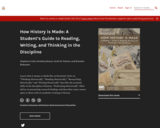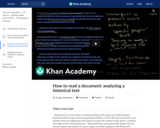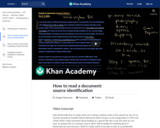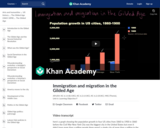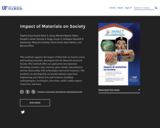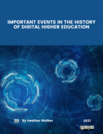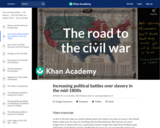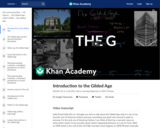Short Description:
This textbook supports the Impact of Materials on Society course and teaching materials, developed with the Materials Research Society. The textbook offers an exploration into materials (including ceramics, clay, concrete, glass, metals, and polymers) and the relationship with technologies and social structures. The textbook was developed by an interdisciplinary team from Engineering and Liberal Arts and Sciences, including anthropologists, sociologists, historians, media studies experts, Classicists, and more.
Long Description:
This textbook supports the Impact of Materials on Society course and teaching materials, developed with the Materials Research Society. The textbook, which is freely available online (https://ufl.pb.unizin.org/imos/) and for purchase in print-on-demand format, offers an exploration into materials and the relationship with technologies and social structures. The textbook was developed by an interdisciplinary team from Engineering and Liberal Arts and Sciences, including anthropologists, sociologists, historians, media studies experts, Classicists, and more. Chapters include coverage of clay, ceramics, concrete, copper and bronze, gold and silver, steel, aluminum, polymers, and writing materials. Supplemental materials, including lecture slides, assignments, and exams, may be accessed in a companion volume: https://ufl.pb.unizin.org/imosinstructorguide/.
Word Count: 69304
ISBN: 978-1-944455-24-8
(Note: This resource's metadata has been created automatically by reformatting and/or combining the information that the author initially provided as part of a bulk import process.)
